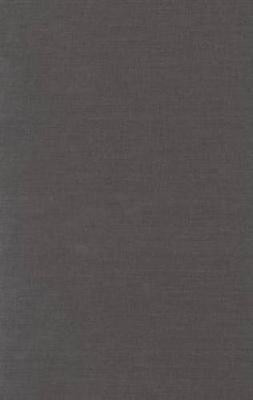Revealing Male Bodies(English, Hardcover, unknown)
Quick Overview
Product Price Comparison
"Revealing Male Bodies" is intended to be the first scholarly collection that directly confronts male lived experience. There has been an explosion of work in men's studies, masculinity issues, and male sexuality, as well as a growing literature exploring female embodiment. Missing from the current literature, however, is a sustained analysis of the phenomenology of male gendered bodies. "Revealing Male Bodies" addresses this omission by examining how male bodies are physically and experientially constituted by the economic, theoretical, and social practices in which men are immersed.Philosophies of embodiment, such as the work of Maurice Merleau-Ponty, had as a fundamental goal rejecting dualistic philosophy by reconnecting mind and body. An important step in rejecting the mind/body dichotomy was taking seriously the body as the nexus of human experience and understanding. As significant as were these early analysis and their critiques of traditional philosophies of the body, they nevertheless failed in one important respect by assuming a generic, gender neutral body.Elizabeth Grosz provides the first comprehensive overview of philosophies of the body challenging theorists to consider the full import of gender in "Volatile Bodies: Toward a Corporeal Feminism" (Indiana University Press, 1994).The small but growing literature on embodiment that attends to gender addresses the particularities of female experience, for example, the phenomenological work of Iris Young ("Throwing like a Girl" and "Other Essays in Feminist Philosophy and Social Theory" (Indiana University Press, 1990)). The most recent feminist explorations of gendered female bodies have begun to reveal the epistemological and metaphysical relevance of the particularity of embodiment.Susan Bordo, in her article "Reading Male Bodies," is the first theorist to investigate male embodiment employing a feminist analysis. Building upon Bordo's work, Revealing Male Bodies consciously responds to the challenge raised by feminist theorists to explore the experience of male lives. Contributors include Susan Bordo, William Cowling, Terry Goldie, Maurice Hamington, Don Ihde, Greg Johnson, Bj'rn Krondorfer, Alphonso Lingis, Terrance MacMullan, Patrick McGann, Paul McIlvenny, Jim Perkinson, Steven P.Schacht, Richard Schmitt, Nancy Tuana, Craig L. Wilkins, and John Zuern.


